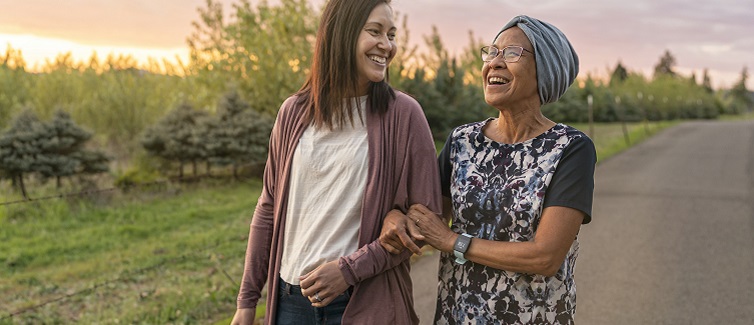Living with cancer is challenging mentally, physically, and emotionally. Although chemotherapy is a successful treatment option for many, it can have side effects that affect your quality of life during and after treatment. From nausea to hair loss and feeling tired and drained, chemotherapy can bring about dramatic physical and emotional changes that can be just as challenging as a cancer diagnosis itself. However, there are a number of ways you can cope with the effects of chemo.
Common Chemotherapy Side Effects
Chemotherapy kills the cancer cells, but it also may damage healthy cells, leading to side effects.
When undergoing chemo, and even after you’ve completed treatment, you may experience:
- Hair loss
- Nausea, vomiting, diarrhea, constipation
- Fatigue
- Memory changes
- Sexual issues, including vaginal dryness, hot flashes, and fertility problems
- Swelling or lymphedema
- Pain
With so much going on in your body and your life, depression, anxiety, or other mood problems are also common when undergoing cancer treatment.
Ways to Cope with Side Effects
You may experience different side effects at different points during chemo treatment. Some may even develop after treatment, and some can be lasting effects. Talk to your doctor about developing a complete plan that addresses the issues you experience and that suits your needs and lifestyle.
Physical activity
Exercise has shown to help with swelling, fatigue, and depression and may help you recover faster. Physical activity does not have to be strenuous. A light walk, yoga, or tai chi are great options to get your blood and endorphins flowing.
Medication
Your doctor can prescribe medications to help with gastrointestinal side effects, such as:
- Vomiting
- Nausea
- Constipation
- Diarrhea
You can also get medication to treat pain and other issues you may experience during treatment.
Therapy and support groups
Dealing with a cancer diagnosis is difficult and may not be something you want to do alone. Some side effects of chemotherapy, such as sexual side effects or hair loss, can’t be treated with medication. In these cases, joining a support group to talk about your experience and learn from other people can help you cope with these changes.
If you prefer a more private setting, meet with a counselor or try cognitive behavioral therapy to manage some of the emotional, mental, and mood challenges.
Complementary therapies
Contemporary therapies include:
- Acupuncture
- Mind-body techniques
- Massage therapy
Complementary medicine can help with swelling, pain, nausea, stress, sexual side effects, and more.
Throughout the treatment process, it’s important to be open with your doctor about any side effects you’re experiencing or the changes to your body that you’re noticing.
You can work with your doctor to develop a care plan combining different coping strategies and therapies to help you get back to your normal life.
Have you gone through chemotherapy? What were some coping strategies you used to get through this period of your cancer treatment? Please share your stories with us and others in the comments.
